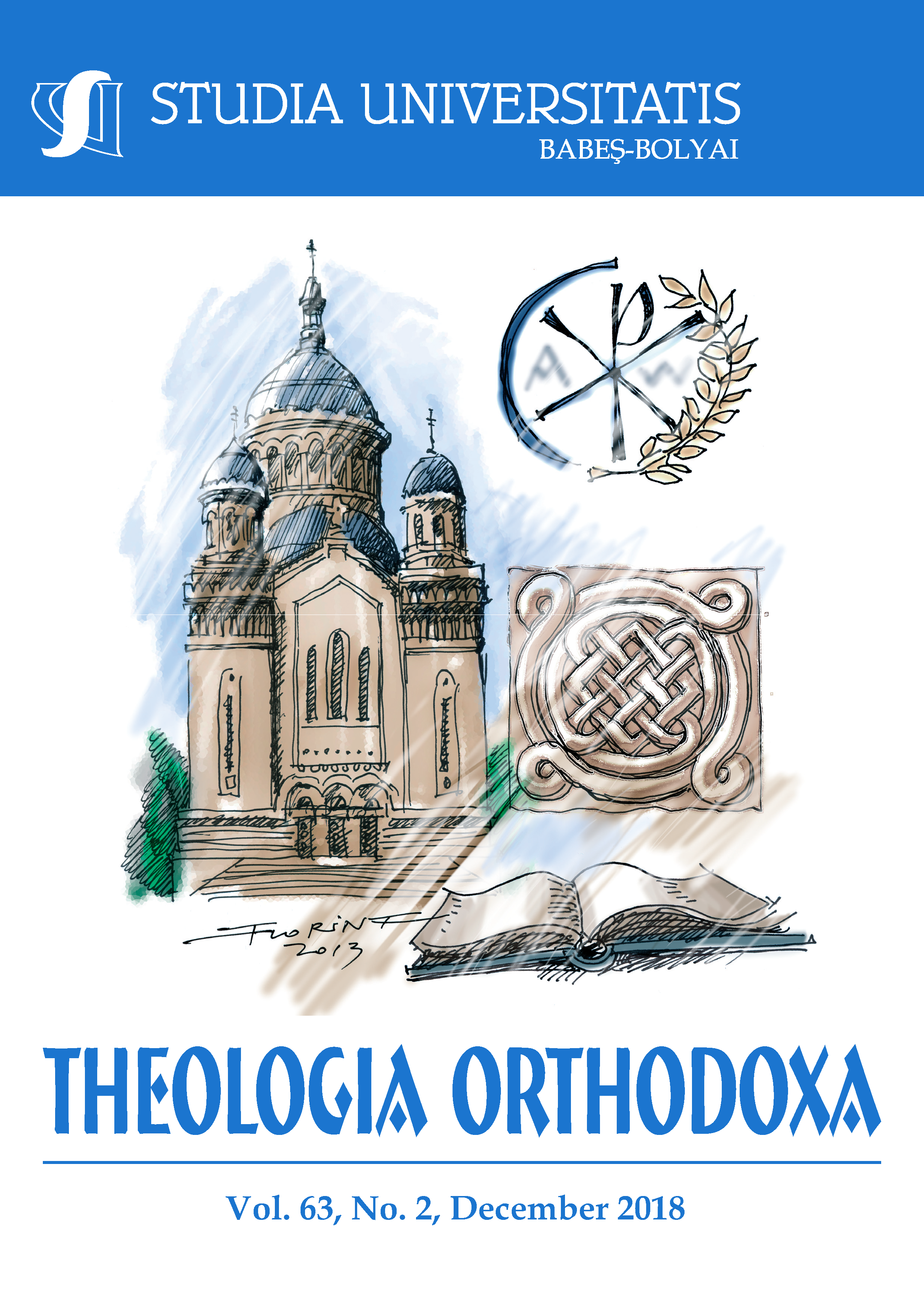HEAVENLY CITIZENSHIP: A CONCEPT FOR UNION AND AN IDENTITY MARKER FOR MIZO CHRISTIANS
DOI:
https://doi.org/10.24193/subbto.2018.2.06Keywords:
Mizo, Christianity, Union, Identity, British colonialismAbstract
Paul, as it is well known, was a citizen of the Roman Empire and he wrote these words about citizenship to a young congregation in a Hellenistic city. The Greek word in Philippians 3:20 he uses here is translated differently as conservation (KJV), as home and as citizenship in the New American Standard (NAS) translation. So, Christian citizenship is in heaven - not on earth. It is from there Christians expect their Lord and savior to come. Yet, while living on earth and waiting until He comes and while being part of the larger human community each and every one is a member of political unit, a nation or a state or a tribe. The knowledge of the heavenly citizenship gives Christians an indication where to hope for true citizenship and gives at the same time a clear indication to distinguish between “heavenly” affairs and their allegiance to worldly powers on earth. During the initial period of the history of Christianity in Mizoram in order to differentiate one’s new identity was the conviction and the declaration that one is now Pathian mi (God’s people) and vanram mi (heavenly citizen). This significant concept and understanding of what it means for the Mizo to be Christian is reflected prominently in Mizo indigenous hymns and gospel songs as well as in the preaching of the Gospel, where it is declared that one is no longer a citizen of this earthly world (he lei ram mi), but of the heavenly world (van ram mi). This paper attempts to highlight the significance of the concept of heavenly citizenship as an identity marker in the construction of an identity and in fostering a union, sense of being a people—Mizo—a homogenous political unit as a reaction to imposed foreign British rule and the western missionaries in the later part of the 19th century. While the focus of the paper is on the concept of heavenly citizenship the Mizo’s encounter with the British colonial ruler and Christianity will be highlighted in order to place the development of the concept in its historical contexts for a better understanding.
References
“The Report of the Lushai Hills, 1901-1902.” In Reports of the Foreign Mission of the Presbyterian Church of Wales on Mizoram 1894-1957, complied by K. Thanzauva. Aizawl: Synod Literature and Publication Boards, 1997.
Frykenberg, Robert. “Christianity in South India Since 1500: Historical Studies of Transcultural Interaction within Hindu-Muslim Environments.” Dharma Deepika, December 1997.
Hrangkhuma, F. “The Mizos: A People Transformed by the Gospel.” In Ground Works for Tribal Theology in the Mizo Context, edited by Rosaimliana Tochhawng, K. Lalrinmawia & L.H. Rawsea. Delhi: ISPCK, 2007.
Hrangkhuma, F. Christianity in India; Search for Liberation and Identity. Delhi: CMS/ISPCK, 1998.
Lalthangliana, B. Culture and Folklore of Mizoram. New Delhi: Director, Publications Divisions, Ministry of Information and Broadcasting, Goverment of India, 2005.
Lehman, F.K. The Structure of Chin Society. Illinois: University of Illinois Press, 1963.
McCall, A.G. Lushai Chrysalis. London: Luzac & Co., 1949.
Nunthara, C. Mizoram: Society and Polity. New Delhi: Indus Publishing Company, 1996.
Pachuau, Joy L. Being Mizo: Identity and Belongings in Northeast India. Delhi: Oxford University Press, 2014.
Parry, N.E. Lushai Custom; A Monograph on Lushai Customs and Ceremonies. Shillong: Government Press, 1928.
Ray, A. Mizoram Dynamics of Change. Calcutta: Pearl Publishers, 1982.
Shakespeare, J. The Lushai kuki Clans. Reprint 1975. London: Macmillan & Co., 1912.
Zairema. “The Mizos and their Religions.” In Towards a Tribal Theology: The Mizo Perspective, edited by K.Thanzauva. Jorhat: Mizoram Theological Conference, 1989.
Zorema, J. Indirect Rule in Mizoram 1890-1954 (The Bureaucracy and the Chiefs). New Delhi: Mittal Publications, 2007.
Downloads
Published
How to Cite
Issue
Section
License
Copyright (c) 2018 Studia Universitatis Babeș-Bolyai Theologia Orthodoxa

This work is licensed under a Creative Commons Attribution-NonCommercial-NoDerivatives 4.0 International License.





 ISSN (print): 1224-0869, ISSN (online): 2065-9474, ISSN-L: 2065-9474
ISSN (print): 1224-0869, ISSN (online): 2065-9474, ISSN-L: 2065-9474